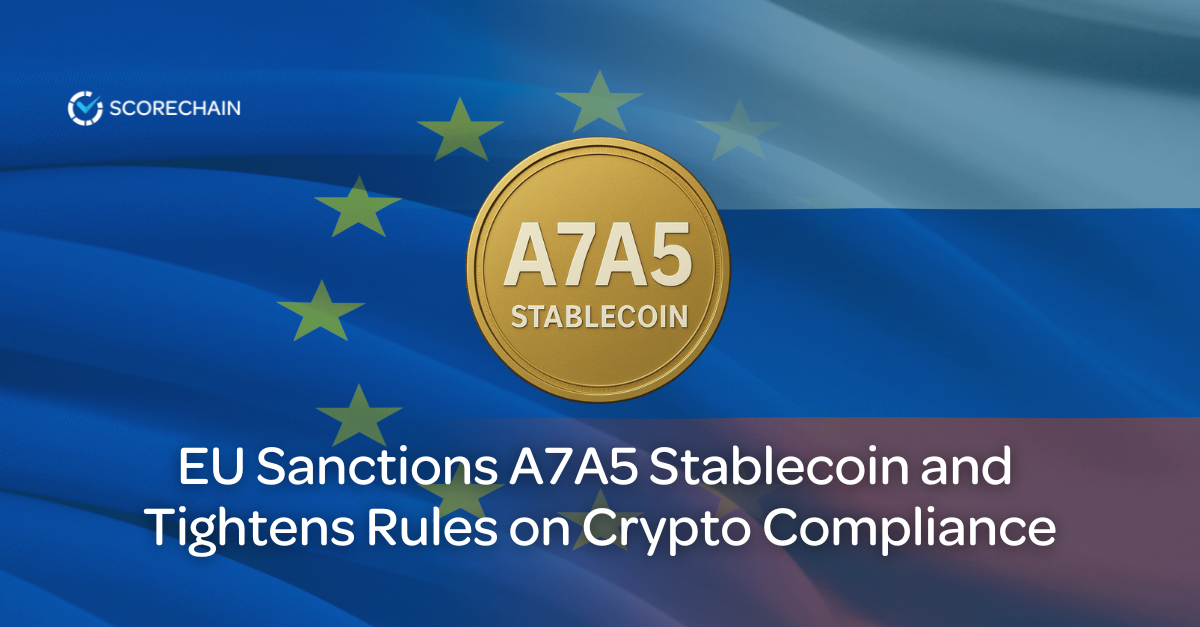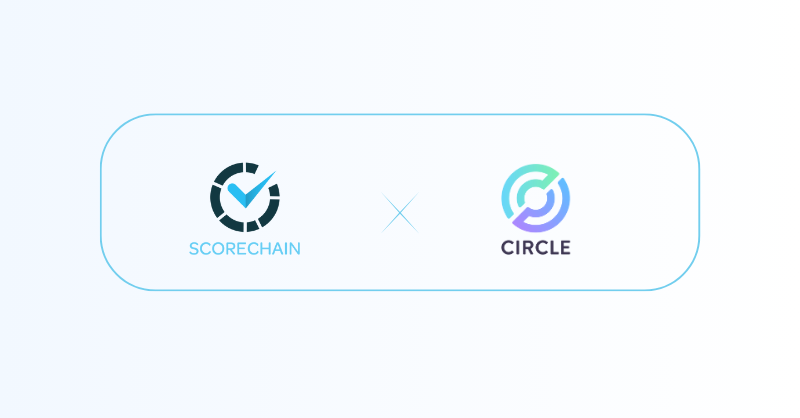OFAC updated the SDN List on November 4, 2025, adding new DPRK-linked individuals and entities and designating USDT wallet addresses on the TRON network. These additions expand the financial restrictions applied to overseas networks supporting DPRK state bodies. The update reflects the continued use of high-throughput stablecoin ecosystems to route value outside of conventional banking channels.
Scorechain integrated this update within minutes of publication. Screening, monitoring and risk scoring workflows in the platform now incorporate the newly designated identifiers, meaning users may observe updated sanctions exposure alerts where historical or ongoing interactions with the newly listed wallets or entities took place.
OFAC issued this round of designations to target DPRK-linked financial facilitation networks that operate through intermediaries based in China and Russia. The listings include individuals involved in cross-border currency handling, technical and procurement support, and associated intermediary structures. Two DPRK-related organizations were also added, further constraining access to infrastructure used to manage and distribute funds internationally.
As part of the same action, OFAC amended the designation of Cheil Credit Bank (also referred to as First Credit Bank and Kyongyong Credit Bank) to include USDT wallet addresses operating on the TRON blockchain (TRC-20). These wallet addresses are now considered blocked property under U.S. jurisdiction. Any interaction—direct or indirect—with these addresses carries sanctions exposure implications.
The full list of USDT (TRON) wallets included in this OFAC official notice: OFAC update
Scorechain Platform Update and Monitoring Considerations
Scorechain incorporated the designated TRON USDT addresses into its platform immediately. The wallets are now linked to the consolidated entity profile:
CHEIL CREDIT BANK — FIRST CREDIT BANK — KYONGYONG CREDIT BANK (OFAC).
This allows analysts to interpret exposure at the institutional level rather than at a single wallet level. Both direct interactions and indirect multi-hop flows are detected, including cases in which funds passed through intermediary wallets, OTC brokers or service providers before reaching the designated addresses. Historical transactions are also re-evaluated, so exposure alerts may appear where interactions took place prior to the designation.
The update underscores the relevance of monitoring stablecoin flows on high-volume networks such as TRON, where low transaction costs and fast settlement can support layered transaction routing. DPRK-linked financial networks have demonstrated the capacity to distribute transactions across multiple clustered wallets to reduce traceability. Entity-level attribution and graph-based tracing are therefore necessary to understand how value transfers propagate across networks beyond first-degree wallet contact.
Analysts may review both recent and historical TRON-based USDT transfers to assess whether client activity intersects with the designated address network. Where exposure is detected, subsequent review and ongoing observation may be appropriate depending on internal sanctions and financial crime risk policies. No user configuration changes are required; Scorechain’s existing risk scoring and alerting logic now applies to these identifiers.
.png)



















